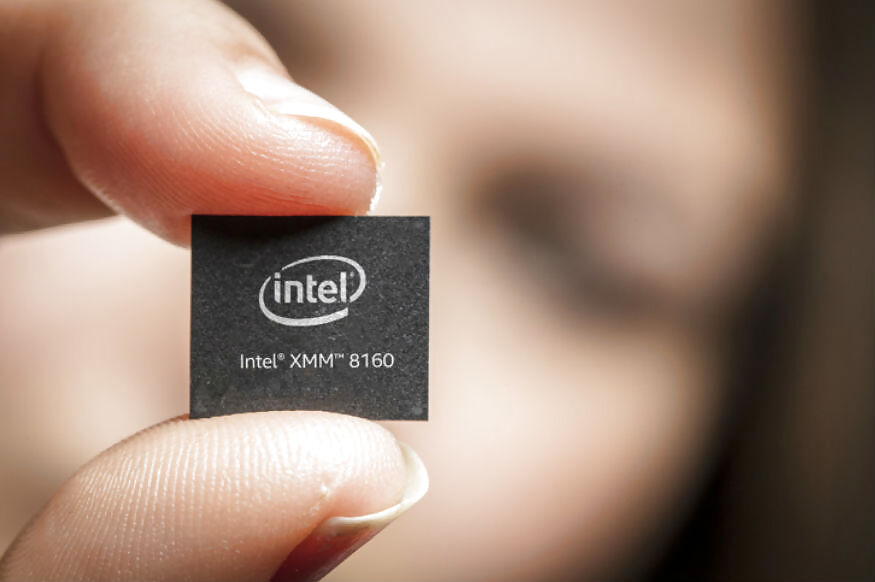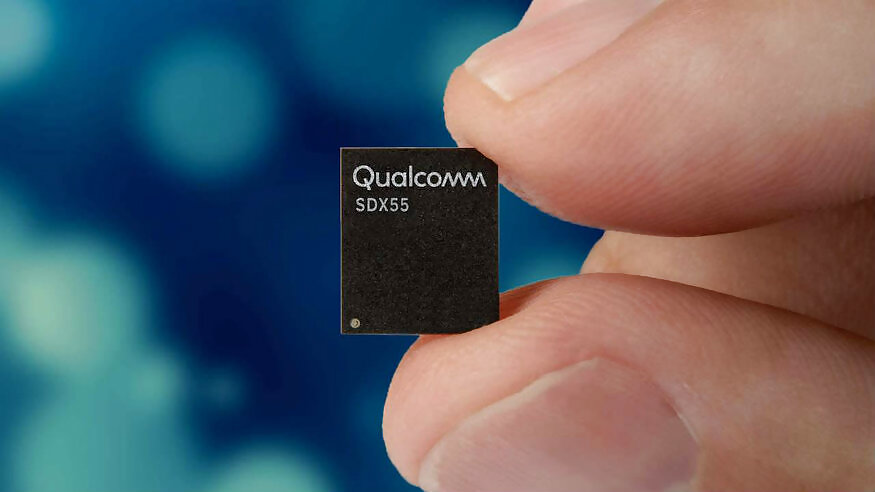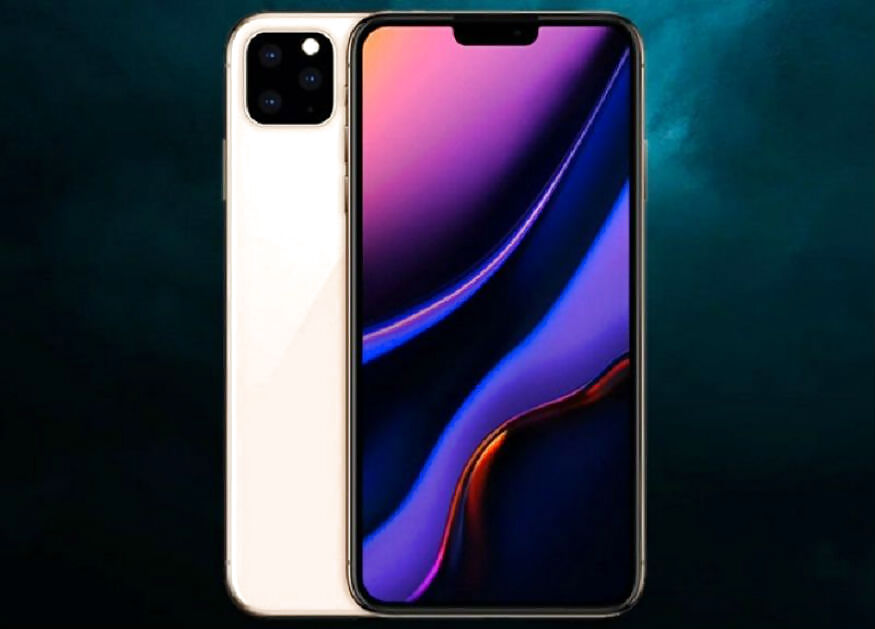
views
About a fortnight ago, the world woke up to a rather pleasant and surprising end to the nasty, long-drawn legal tussle between Apple and Qualcomm. While Apple accused Qualcomm of abusing its position of authority in the smartphone chip industry by overpricing its patents, the latter threw back punches by accusing Apple of illegally using its technologies, and even handing over secret designs to Intel, thereby breaching faith. The two companies sued each other, and after losing the first suits, Qualcomm finally won a pair of significant victories in China and Germany, which threatened to stay injunctions against the sale of iPhones in major markets.
Since 2016, given the murky relationship that Apple and Qualcomm fell into, the former invited Intel to make connectivity chips for its iPhones. Microprocessor giant it may be, but Intel was thoroughly outpaced when it came to mobile chips, by Qualcomm. With Apple’s contract being too large and significant to refuse, Intel has, over the past two years, provided Apple with the necessary chips to keep its iPhones at the cutting edge of connectivity. Now, with the advent of 5G, things became a bit more complicated.
Intel’s million-dollar debacle
Over time, Huawei and Qualcomm, the early-adopting champions of 5G connectivity, unveiled the Balong 5000 and the Snapdragon X55 respectively — both highly capable and apparently future-proof 5G modems that are expected to herald the next generation of connectivity tools. Intel, primarily to cater to Apple, came up with the XMM 8160, which on paper is capable enough of providing the performance chops needed for 5G smartphones. However, Intel’s mobile chipset business is not a thriving one — it is not even a significant business area for the company. With Apple claiming exclusive first-user rights to the modem, things got even trickier for Intel — now, not only did it need to pull off its modem production in time to deliver testing samples for the 5G iPhone, but also needed to hold off other potential clients, until Apple launched its 5G iPhones.

Right on cue, Apple and Qualcomm decided to settle their differences outside of court, just as the opening arguments from either lawyers were being stated on April 16. In order to settle, Apple reportedly paid a staggering $6 billion to Qualcomm to brush all matters under the rug. However, Apple will eventually consider it money well spent, since it simultaneously struck a multi-year patent licensing agreement, this time in (hopefully) more transparent pricing terms. This would essentially allow it to use Qualcomm’s ready-for-deployment 5G modems in its iPhones. Intel, it seemed, was about to lose its agreement with Apple.
And lose, it did.
A bit of history
While Intel has overwhelming might to outpace any competitor in desktop and other peripheral computing space, smartphone processors have never been its strong suit. A shade over three years ago, Intel reinstated its pledge to compete with Qualcomm, Apple and Samsung to make smartphone processors under its Atom lineup. The move never quite paid off, and even though it did find some buyers of its processors (such as Asus’ infamously confusing Zenfone 2 lineup), the company cancelled all future plans of its Atom processor lineup and practically left the smartphone processor industry.

Qualcomm, back then, was on terrific ascendence. The company’s growth curve was stellar, and practically all flagship (and other) smartphones were being based on its own processors. Apple was an established stronghold in sourcing ARM cores and customising them in-house, while Samsung Semiconductor had come up with its very able Exynos line of processors. Huawei, too, was a rising force for its own processors, made by its wholly owned subsidiary HiSilicon, while the rest of the industry opted for MediaTek’s inexpensive but reasonably acceptable mobile processors.
This should have served as a bit of a precedent for Intel, when it came to the smartphone playing field. While Samsung now part-sources its processing technology from Qualcomm, Huawei makes its own. Apple, meanwhile, has long been rumoured to be considering the potential of making its own radio chips. Where, then, did Intel fit in?
When titans play
As Apple and Qualcomm called truce, the Cupertino behemoth cancelled its partnership with Intel for 5G modems. Despite media statements, it was clear that Intel was already behind schedule when it came to producing the elusive XMM 8160 5G modem, which in turn was delaying Apple’s plans for a 5G-enabled iPhone. Interestingly, a Wall Street Journal report from yesterday revealed that Apple had, in fact, held talks with Intel to acquire its radio processor development division, and was still in discussions with Intel to take it over.

Qualcomm’s peace treaty with Apple comes at the wrong time for Intel, for it has now been left high and dry by the two titans of mobile technology, with a non-performing asset of smartphone modem technologies at hand. To make matters worse, Umashankar Thyagarajan, the lead architect of Intel’s 5G modem, was reportedly poached by Apple in the days leading up to its renewed agreement with Qualcomm. It has now been left without its head of the business line, and in the market to sell its technology to any interested customer.
This is a seemingly catastrophic turn of events for Intel — morally and commercially. Right on cue, Intel cut its annual revenue expectations ahead of its upcoming earnings call, and its investors responded in accordance — the company’s stocks plummeted by 11 percent. Having a non-performing asset at hand, Intel’s best bet is to sell its core technology to an industry peer (or rival, even). The question is, with Qualcomm and Huawei already in possession of 5G-enabling technology, Apple not being in need of acquiring one, and both Samsung and MediaTek being capable of building their own chips, who will it sell to?
Mitigating losses
The WSJ report states that Intel has tasked Goldman Sachs with the duty of finding it a potential buyer, and the value of its technology may still be in billions of dollars — Intel is, after all, still a microprocessor architecture powerhouse. However, it will still come in at a depleted value and sense of potential impact on the overall smartphone industry, in comparison to what would have been, if Intel’s deal with Apple reached production status.
It remains to be seen how the next few months pan out, and the deal should pick up pace as smartphone OEMs gradually begin chasing 5G modems with increased urgency. That said, it would be harsh on Intel to be judged for feeling hard pushed, and would certainly be admirable if the company decides to bounce back in the smartphone space with strong products to follow.
















Comments
0 comment